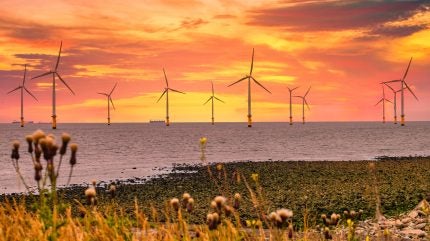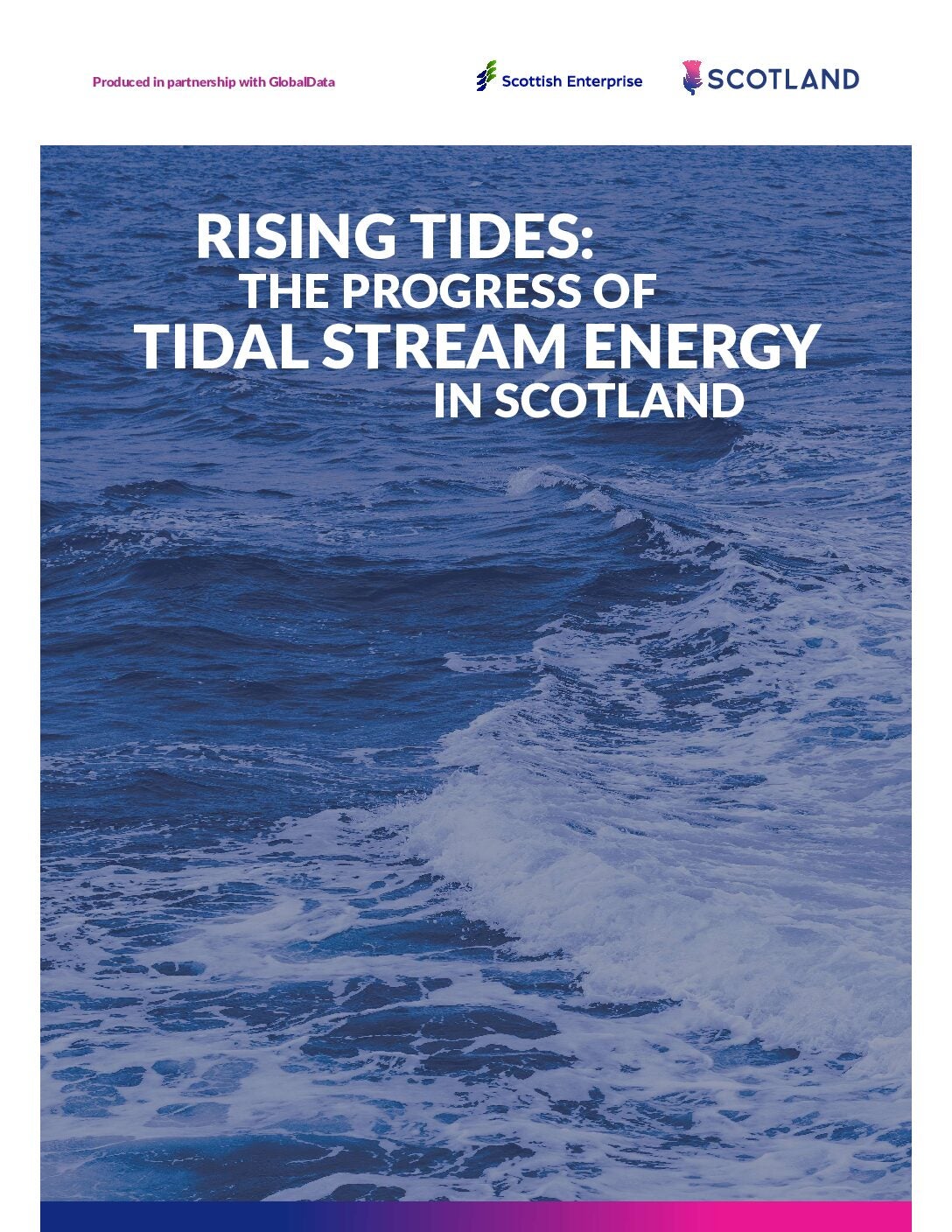
The UK is gearing up for its general election on 4 July, and it comes at a crucial time, with the country still a long way from reaching its climate targets.
Cabinet changes could significantly impact the future of the UK’s energy sector, particularly renewables, making this election a pivotal moment for the country’s energy policies.
According to a recent YouGov survey, Labour is anticipated to secure a majority of 200 seats. Meanwhile, the Tories are projected to witness their lowest ever number of MPs.
The forecast indicates that the Conservative Party could lose over half of the 365 seats it won under Boris Johnson in 2019, dropping to just over 100 MPs. If these polls are accurate, the political landscape in Britain will be substantially reshaped.
Meanwhile, the Liberal Democrats are expected to gain around 20 seats, bringing their total to 67, marking their strongest showing in a British general election. As of 19 June, the Greens had maintained their lead in two electoral constituencies.
Amidst these developments, energy policies have taken centre stage, and Power Technology has delved into the parties’ commitments to renewable energy.
What the leading parties’ manifestos signal for renewables
While the leading parties generally agree that reducing emissions, ramping renewables, and improving energy security and efficiency are essential, their manifestos reflect differing approaches to achieving these goals.
Labour: The Labour Party wants to make Britain a “clean energy superpower”, pledging £8bn over five years to a new publicly owned Great British Energy Company (GB Energy). “It will be owned by the British people and deliver power back to the British people,” the party argues.
GB Energy will collaborate with energy firms, local authorities, and co-operatives to deploy numerous clean power initiatives that combine onshore wind, solar, and hydropower projects.
As part of the plan, the party hopes to use £3.3bn to support local authorities and communities in building small-scale renewables, promising to “cut bills, create jobs and deliver security with cheaper, zero-carbon electricity by 2030”.
The party said that communities will be encouraged to propose projects, and local leaders and devolved governments will help ensure that residents directly benefit from these energy initiatives.
Labour outlined its hopes to increase onshore wind and become a global leader in related technologies, expand solar threefold, and boost offshore wind fourfold by 2030. The manifesto also includes commitments to invest in hydrogen and wave energy.
In addition, the party plans to further support nuclear energy by prolonging the lifespan of current plants and accelerating the completion of ongoing projects. Party leader Keir Starmer said nuclear power is crucial to the UK’s energy mix. He has committed to progressing delayed projects, which his party supported.
Conservative: The Conservatives plan to “back up renewables”, arguing the party will “treble our [the UK’s] offshore wind capacity” to deliver low-cost, home-grown energy as well as support the development of “vibrant industrial clusters” in the northeast of England, Scotland and Wales.
The party’s manifesto, however, does not detail a specific goal regarding offshore wind.
The party intends to allocate £1.1bn to the Green Industries Growth Accelerator (GIGA) to promote the development of clean manufacturing in the UK, strengthen supply chains, and facilitate the country’s transition to clean energy.
The GIGA is a £960m fund introduced in autumn 2023 to bolster resilient and sustainable supply chains for clean energy throughout the UK.
If elected, the party promises to deliver a new nuclear plant at Wylfa in North Wales, replacing one that is currently being decommissioned, and work with industry to deliver existing nuclear projects at Hinkley Point and Sizewell.
The Conservatives also intend to reduce green levies on household bills by taking advantage of the reduced costs of renewable energy sources such as wind and solar power. They guarantee that the policy costs and levies on household energy bills will be lower each year of the next Parliament than in 2023, making green energy more affordable for households.
However, the government’s commitment to renewables includes plans to build new gas power stations that can “prevent the prospect of blackouts … maintaining a safe and reliable energy source for days when the weather doesn’t power up renewables.”
Similar to Labour, the party plans to rapidly expand nuclear and hasten the approval process for new nuclear reactors. The Conservatives aim to approve two new fleets of small modular reactors (SMR) in the first 100 days of the next Parliament.
SMRs generally have a power capacity of one-third that of a traditional nuclear plant, and are physically much smaller and easier to construct.
Green: If elected, the Greens will push for wind power to provide around 70% of the UK’s electricity by 2030, deliver 80GW of offshore wind, 53GW of onshore wind, and 100GW of solar by 2035, and invest in energy storage capacity and more efficient electricity distribution.
Unlike the other two parties’ stance on nuclear, the Greens want to phase out nuclear energy, “which is unsafe and much more expensive than renewables”.
The manifesto mentions that the progress of constructing nuclear power plants is not keeping up with the urgency required for addressing climate change. It adds that nuclear power stations generate excessive amounts of radioactive waste, which is hard to dispose of.
Liberal Democrats: The party intends to allocate resources to renewable energy to ensure that 90% of the UK’s electricity comes from renewables by 2030, highlighting the “need to significantly reduce the UK’s dependence on fossil fuels and invest in renewables”.
In addition, the manifesto details specific plans to accelerate renewables deployment, including removing the former administration’s “unnecessary restrictions” on solar and wind, building grid infrastructure “facilitated by a strategic Land and Sea Use Framework” to support increasing renewables, and collaborating with European countries “to build a sustainable supply chain for renewable energy technology.”
The Liberal Democrats also aim to develop national colleges for key sectors, specifying renewable energy “to deliver the high-level vocational skills businesses need”.
Their manifesto did not mention the role of nuclear in their energy. This leaves room for speculation about whether they would oppose policies that contained support for nuclear power.
Implications of the election on renewables
The renewable energy proposals of different political parties have several points of policy distinction.
Labour’s position appears to be one of management of resources while building up the UK’s renewable sector, while making a clear commitment to the continued use of nuclear power.
The Conservatives appear to have a dualistic approach: a clear support for renewables, but also an ongoing support for oil and gas exploration, and more nuclear power.
Meanwhile, the Greens and Liberal Democrats, traditionally both very environmentally conscious, are pushing for a quicker and more pronounced transition away from fossil fuels.




